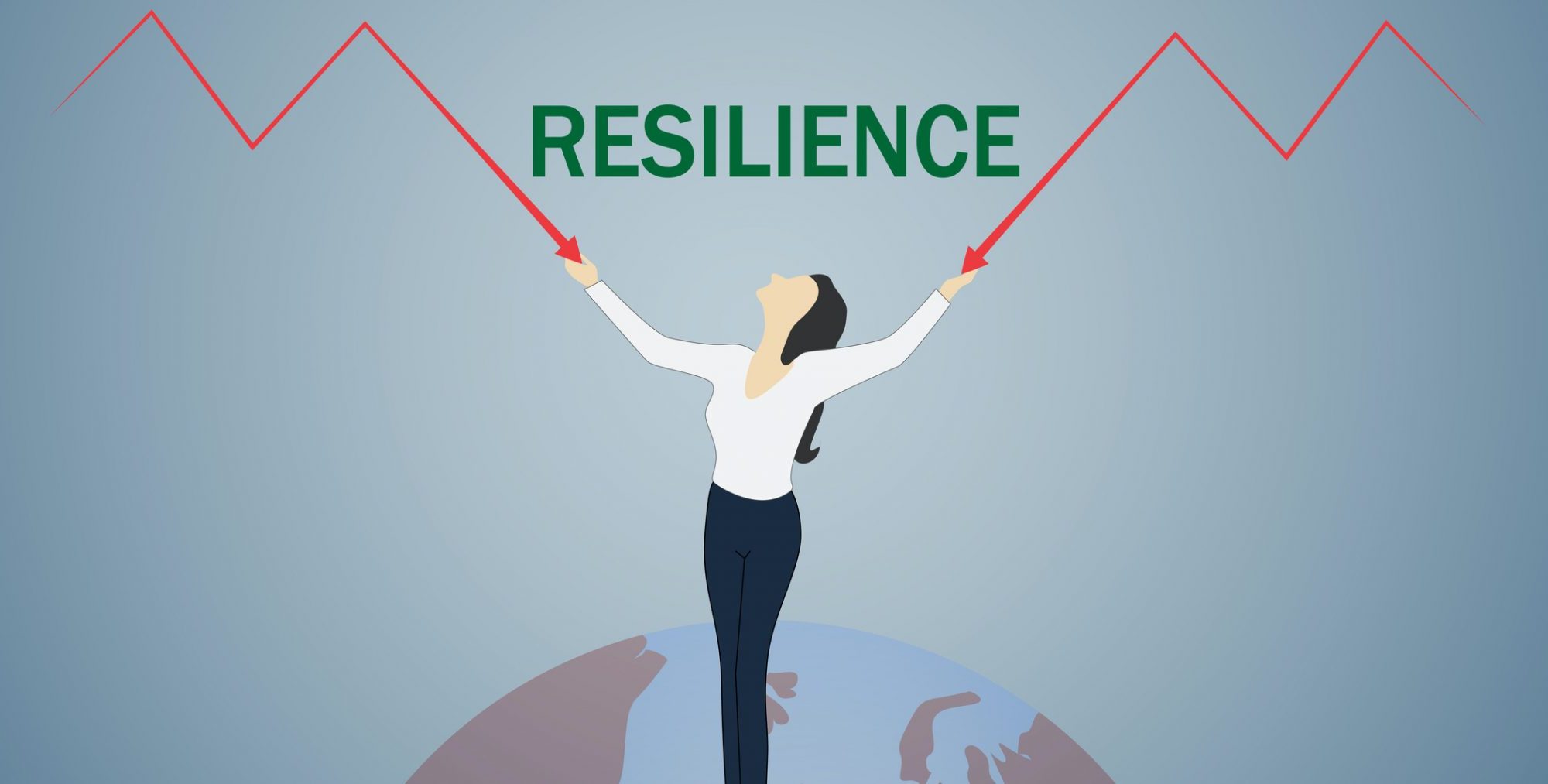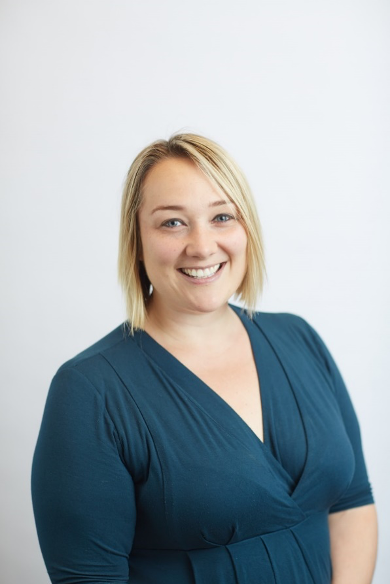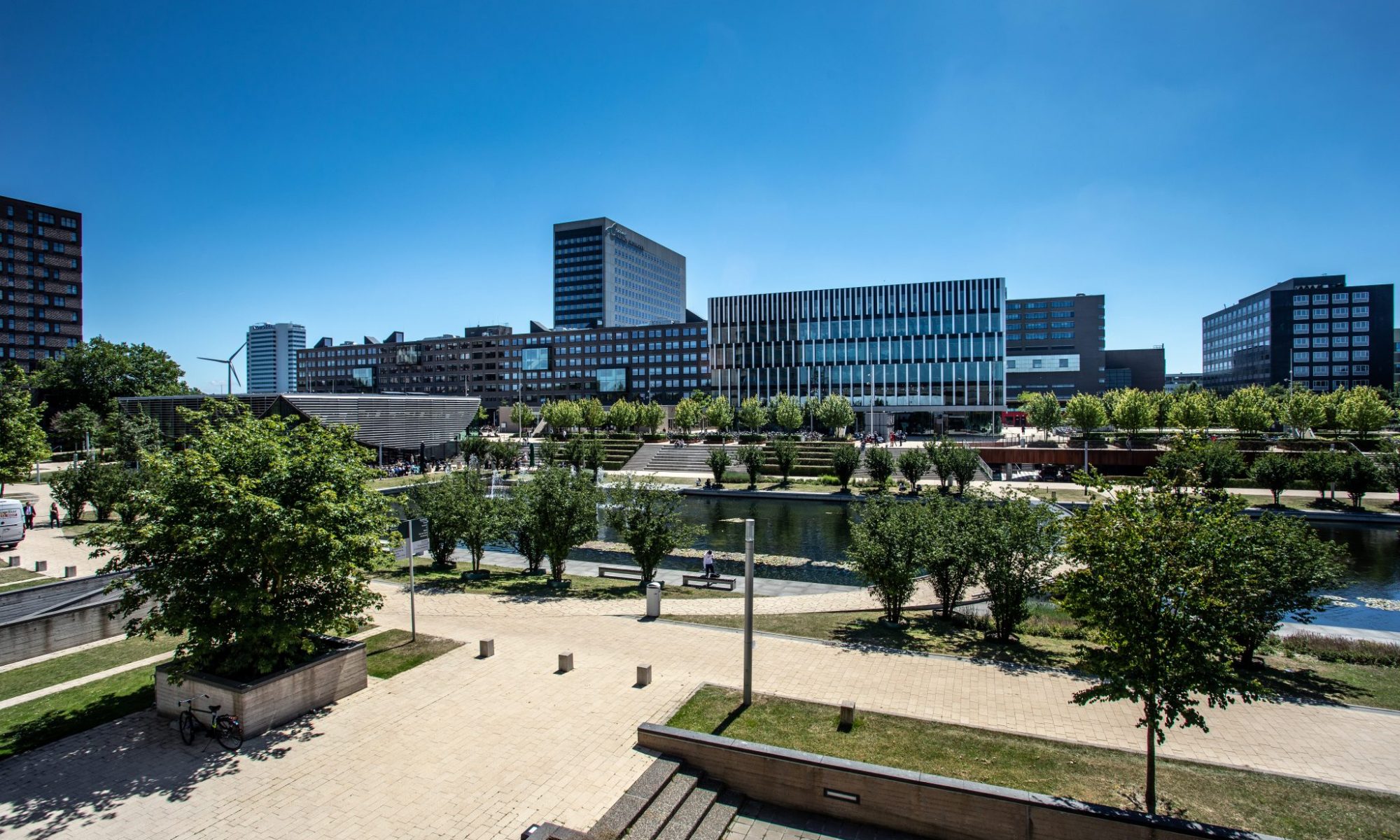Tim Desmond and Ken Ozawa tell Tim Banerjee Dhoul how NUCB Business School is working to improve teaching quality among Business Schools in Asia by promoting the value of the case method and increasing the availability of high-quality cases in the region
With campuses in Nagoya, Osaka and Tokyo – Japan’s three largest metropolitan areas – NUCB Business School (NUCB) is well positioned to take a lead in the country’s provision of management education.
A strong proponent of the case method, the Nagoya-headquartered School is now also Japan’s principal provider of quality case studies from around the world, having recently stepped in to save the Case Center Japan from administration. In this exclusive interview with Business Impact, Tim Desmond, Senior Advisor and Project Manager, and Ken Ozawa, Accreditation and Institutional Research Manager, discuss NUCB’s plans to use this acquisition to help raise standards of teaching and learning materials, both in Japan and elsewhere in Asia.
Why is management education important in your country? What is the value it brings to the community you serve?
Traditionally, companies in Japan have prided themselves on offering lifetime employment, training those in management through inhouse programmes – having an MBA was frowned on by Japanese companies. However as the wave of globalisation took hold, Japan found itself in a precarious position due to a shortage of talented workers and an ever-declining birth rate. By 2025, for example, it is estimated that more than 2.4 million companies in Japan will have leaders that are, on average, over 70 years old. Since many of these companies will be unable to find adequate successors, it is expected that most will either suspend or cease operations entirely.
Although we live in a time when companies are producing more and more new products and services in response to consumer demands, Japan – despite its advanced technological capabilities – unfortunately lags behind much of the world in its capacity to start new businesses or embrace the entrepreneurial movement.
NUCB Business School recognises the dilemmas and challenges facing Japan. The School has been one of the main institutions to support the Japan Society for Business Succession (JSBS) to conduct and publish joint research and education, which will contribute to rectifying the family business succession situation in Japan. The School has also partnered with the Aichi Prefectural Association of Credit Unions, which comprises 15 regional banks, to organise special courses and workshops that work to strengthen the foundations of small companies and pass on techniques for the long-term growth of companies.
How healthy is the current market for business education in Japan and the surrounding region?
While Japan may have a somewhat rigid and inflexible corporate culture, our analysis reveals a relatively bright future for Business School graduates. We base this analysis on the following trends:
• The Ministry of Education, Culture, Sports, Science and Technology (MEXT) has promoted the need to develop professionals with advanced specialised skills for working the global economy.
• The shift from domestic to overseas operations and the participation of non-Japanese staff in management has been increasing.
• A strong command of new management concepts and skills has become requisite for many managers.
Often, one will find that the core executive members in Japanese companies are typically graduates of a handful of prestigious Business Schools, based either in Japan or overseas. In this respect, Japanese universities have been slow, compared to the west, to establish Business Schools. As a result, NUCB’s use of the case method and accreditation are rather unique for higher education in Japan.
What do you think makes your portfolio of programmes stand out from others that are available in the country headquarters of your School and the surrounding region?
Recently, two universities in the region terminated their MBA programmes due to declining enrolments. While competition with NUCB is one possible cause, it is important to underscore that the School is a standalone institution with a singular focus on management education.
NUCB was the first Business School [in Japan] to offer a part-time, weekend MBA programme – Japanese companies expect workers to fully commit themselves to the office on weekdays. More importantly, the School is adept at recognising and adding unique programmes that are essential to the various business sectors, such as in healthcare and taxation, as well as a Global MBA taught in English. In line with the School’s focus on practical knowledge, great use is made of NUCB Business School’s expansive stock of real-world business case studies. All courses employ the case method using the most recent business cases available as learning materials.
Which single new programme, course, or initiative are you most excited about and why?
In May 2019, NUCB Business School reached an agreement with the Institute for International Studies and Training (IIST), a Japanese non-profit foundation, to acquire its case distribution unit, known as Case Center Japan (CCJ). The distribution unit was on the verge of bankruptcy. As CCJ was the only means for researchers and Business Schools in Japan to purchase case studies, its closure would have had a tremendous impact on management education and business research in Japan.
NUCB Business School agreed to take over the full business operations of the CCJ case distribution, translation, and training unit. Under new management, CCJ will now be able to expand its reach to distribute cases nationwide. Moreover, it will promote case method workshops and has recently signed an agreement with Harvard Business School Publishing to hold seminars in Japan to introduce the unique benefits of case method’s participant-centred learning. CCJ has renewed agreements with the leading case producers and collections to translate, develop, and distribute cases throughout Japan. In all, more than 16,500 cases from Harvard Business School Publishing, IMD, INSEAD, Ivey Business School, and Darden School of Business and others are now being distributed.
Can you provide an example of how your School is using online learning to meet the needs of its students?
Although online learning in Japan has never been fully embraced or valued, NUCB Business School began using it two years ago, when the government commissioned the School to create a pilot programme aimed at the empowerment of women. The live-online programme was a tremendous success and led the School to develop other online programmes. For example, online learning has been used in our preparation course for first-year MBA students to help familiarise them with case method learning, and a class format in which active participation is crucial, before their programme starts.
Ironically, the training and expertise in online teaching was extremely fortuitous since NUCB Business School was the first and only Japanese university to move all of its courses to an online format in response to the Covid-19 pandemic, which forced higher education in Japan to postpone terms and close campuses. The School made headlines across Japan when it announced that it would proceed with its spring 2020 term as scheduled – online.
What does NUCB Business School gain from partnerships, such as the Innovation Programme offered in collaboration with Aichi Prefecture and INSEAD?
NUCB Business School was honoured to collaborate with INSEAD and aims to learn more effective ways to realise ‘company renaissance’ which is the main focus of its Center for Entrepreneurs.
‘Company renaissance’ is a term for companies to develop products, services, and markets by using new methods that are different from their main businesses in the process of adapting to (or anticipating) changes in its business environment. The inclusion of Aichi prefecture was also crucial in this partnership due to the fact that the prefecture is a manufacturing centre for aerospace, ceramics, motor vehicles, and so on. Thus, this partnership will create more opportunities to impact and support regional businesses, especially SMEs, which are indispensable to the success of large manufacturing companies that have been facing business succession issues.
How is the School working to boost the employment prospects of its graduates? (E.g. through the use of internship schemes or industry initiatives)
In line with the characteristics of the domestic market, management education provided is not specifically focused on helping students change their employer due to the unfortunate fact that Business School management education has still not yet been widely recognised in Japan’s business community. Thus, a large proportion of students do not change their occupation after graduation and continue to work in the same company, though often at a higher level. It’s anticipated that this trend will continue until Japan’s business community becomes more aware of, and receptive to, the value that Business School graduate degree holders can bring to their organisations.
For those that do endeavour to change their careers, there are various support services they can receive from the Career Placement Center. The Center offers students support in the form of workshops and presentations on career planning and development, interview preparation, and effective CV writing.
What does ‘responsible management’ mean to your School and how is this concept introduced to, and instilled into, your students?
Since its establishment, the School has followed a traditional business philosophy which has existed in Japan for over four centuries. This is called ‘Sanpou Yoshi’, meaning, ‘all three sides are good’. The ‘three sides’ allude to the idea that every business transaction has to be to the satisfaction of the seller, the buyer and to wider society – if a business is to have long-term prospects. In line with this philosophy, therefore, we recognise that it is important for the School to commit to act in all it does with ethical integrity, social responsibility and environmental sustainability in order to better develop future business leaders.
What plans does your School have for the next three years and what developments would you like to see in the business education sector as a whole?
Two major initiatives have been planned for the next three years. First, the School is going to expand the activities of the Case Center Japan. The CCJ is in the process of increasing the number of Asian business cases which are hyper-relevant and which have real-time scenarios, and is promoting these cases to other Business Schools. The Center is also planning to organise more Joint Case Workshops with Harvard Business School Publishing in order to improve the teaching quality among Business Schools in Asia.
The second initiative is to start the development of a DBA programme. A study group, set up in 2019, will identify the best ways of organising the programme in upcoming years. With regards to the future development of business education, we would like to see more effective ways to develop ethical leaders, to train on the competencies that will define the next century, and to teach how to make a difference in the world, even in the pandemic situation.
Tim Desmond serves as the Senior Advisor to the Chancellor of NUCB Business School.
Ken Ozawa is Accreditation and Institutional Research Manager at NUCB Business School.
This article is taken from Business Impact’s print magazine (edition: February-April 2021).

























